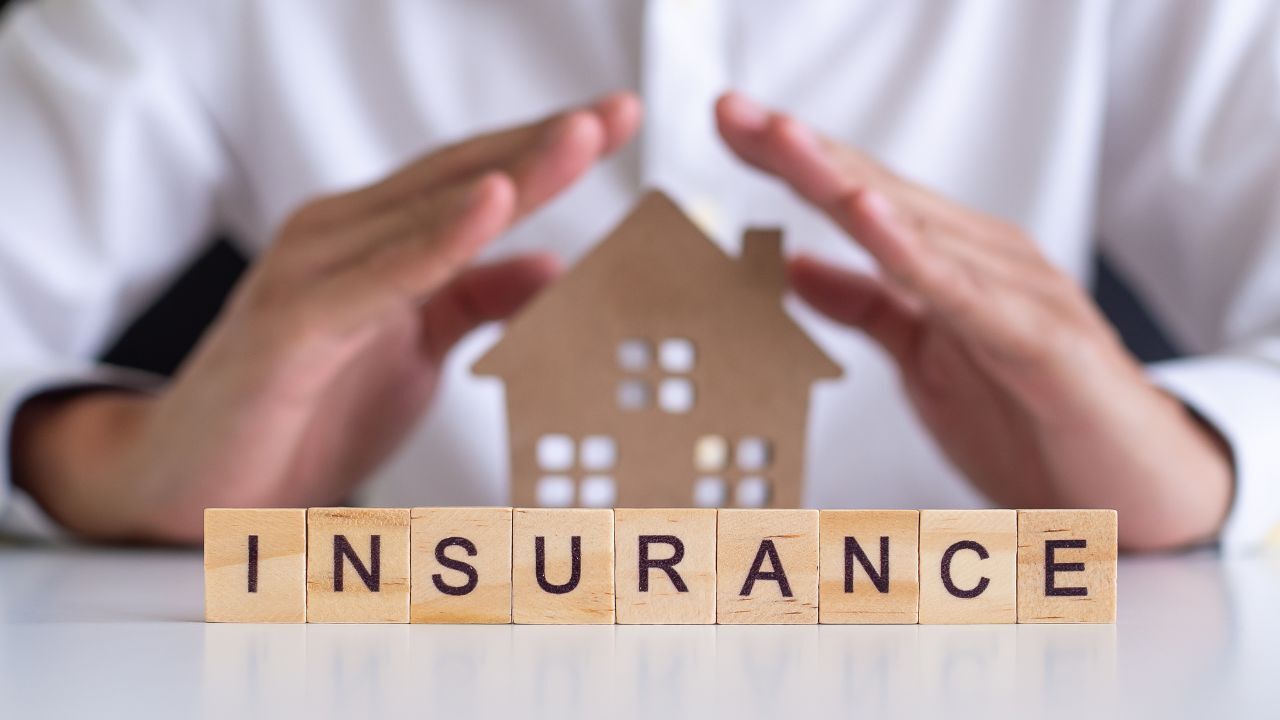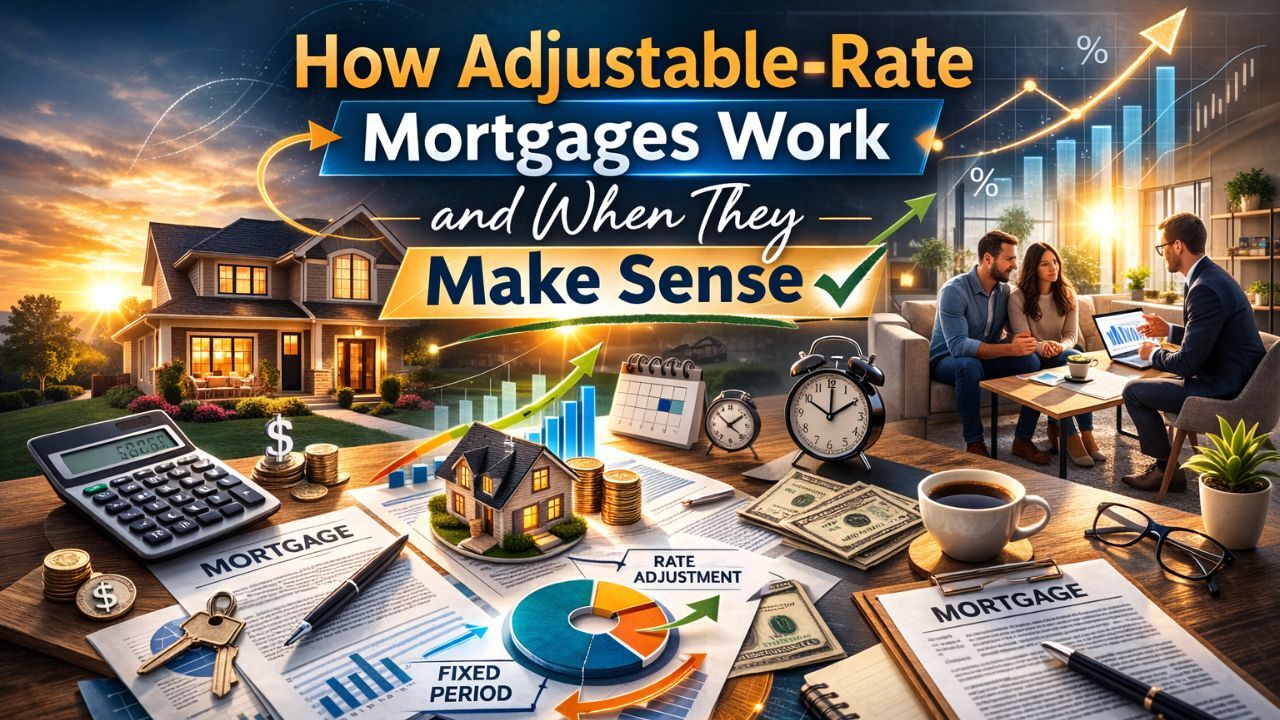The Real Cost of Private Mortgage Insurance and How to Remove It
 Private mortgage insurance allows borrowers to purchase a home with less than twenty percent down. While it increases accessibility, it also increases monthly housing costs. Many borrowers accept mortgage insurance without fully understanding how it affects total loan expense or how it can eventually be removed. Clarity around cost and timeline creates stronger financial positioning.
Private mortgage insurance allows borrowers to purchase a home with less than twenty percent down. While it increases accessibility, it also increases monthly housing costs. Many borrowers accept mortgage insurance without fully understanding how it affects total loan expense or how it can eventually be removed. Clarity around cost and timeline creates stronger financial positioning.
How Private Mortgage Insurance Is Calculated
Mortgage insurance premiums are typically based on loan amount, credit profile, and down payment percentage. The cost is added to the monthly payment or financed into the loan. Over time, this additional expense increases total interest paid because it raises the effective monthly obligation.
Automatic Versus Requested Removal
In many cases, mortgage insurance automatically cancels once the loan reaches a specified loan-to-value threshold, often eighty percent based on original value. However, borrowers may request removal earlier if property value increases or if principal reduction accelerates equity growth. Monitoring amortization progress is essential.
Equity Growth Changes the Equation
As home values rise or principal balances decline, loan-to-value ratios improve. Conducting a formal property valuation may allow earlier cancellation. Borrowers who make consistent additional principal payments may reach removal thresholds faster.
Long-Term Financial Impact
Even modest mortgage insurance premiums add up over years. Removing this cost improves monthly cash flow and reduces overall loan expense. Evaluating refinancing options may also eliminate insurance under certain circumstances.
Private mortgage insurance is a tool, not a permanent obligation. Understanding how and when it can be removed strengthens your mortgage strategy. If you want to review your current loan and evaluate opportunities to reduce monthly costs, reach out to assess your mortgage structure.
 Adjustable-rate mortgages often create hesitation because borrowers focus on the word adjustable. However, these loans can serve a strategic purpose when aligned with specific financial timelines.
Adjustable-rate mortgages often create hesitation because borrowers focus on the word adjustable. However, these loans can serve a strategic purpose when aligned with specific financial timelines. Interest rates get headlines. Payment amounts get attention. Yet neither one determines whether your mortgage will feel sustainable five years from now. What truly determines long-term satisfaction is how your financing decision supports your daily routine.
Interest rates get headlines. Payment amounts get attention. Yet neither one determines whether your mortgage will feel sustainable five years from now. What truly determines long-term satisfaction is how your financing decision supports your daily routine.